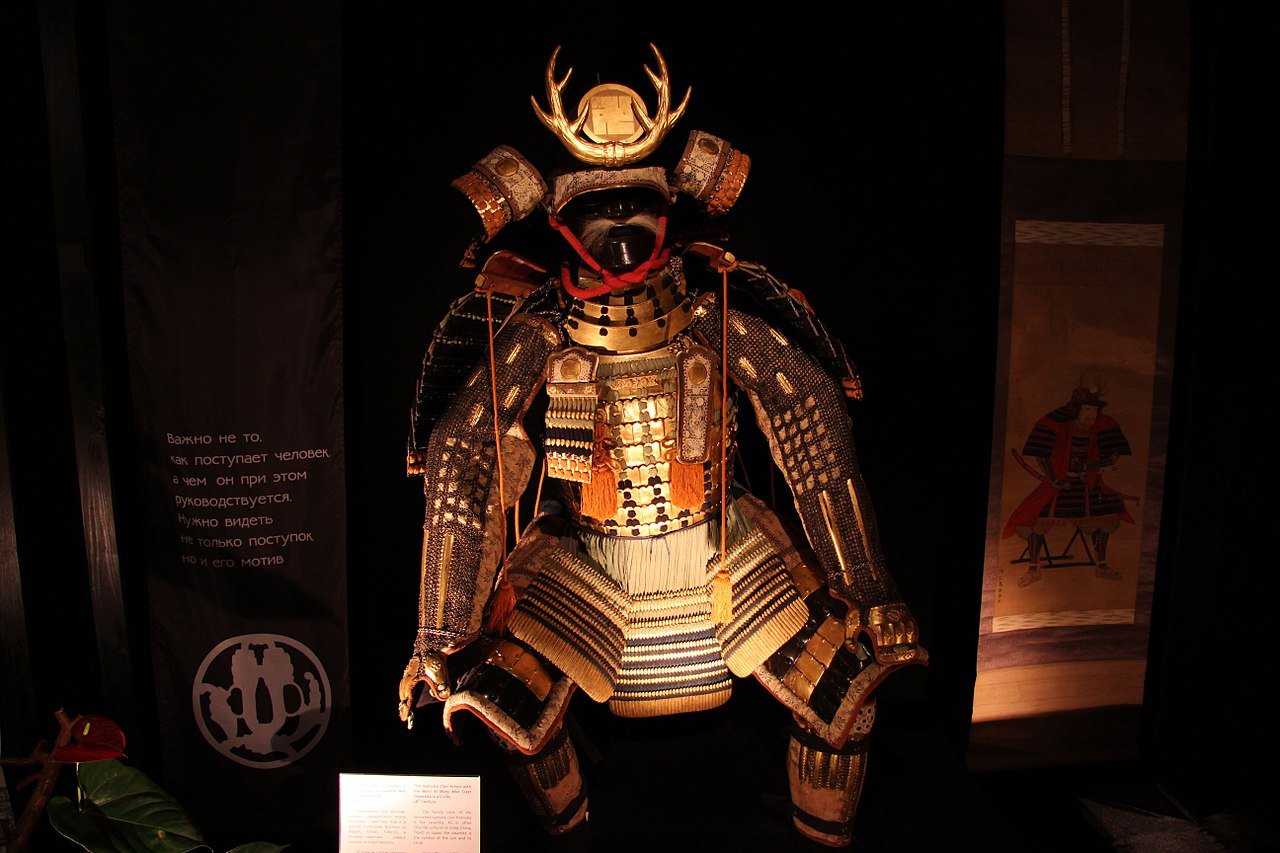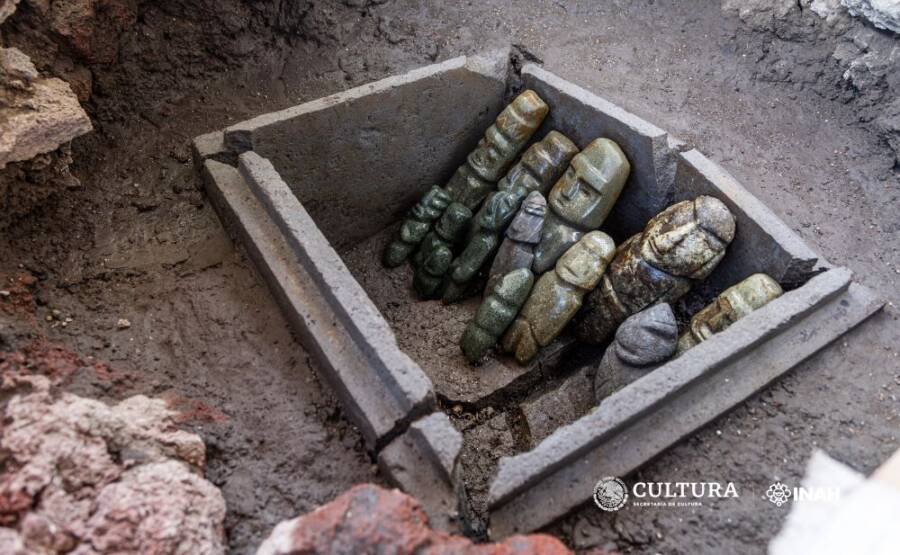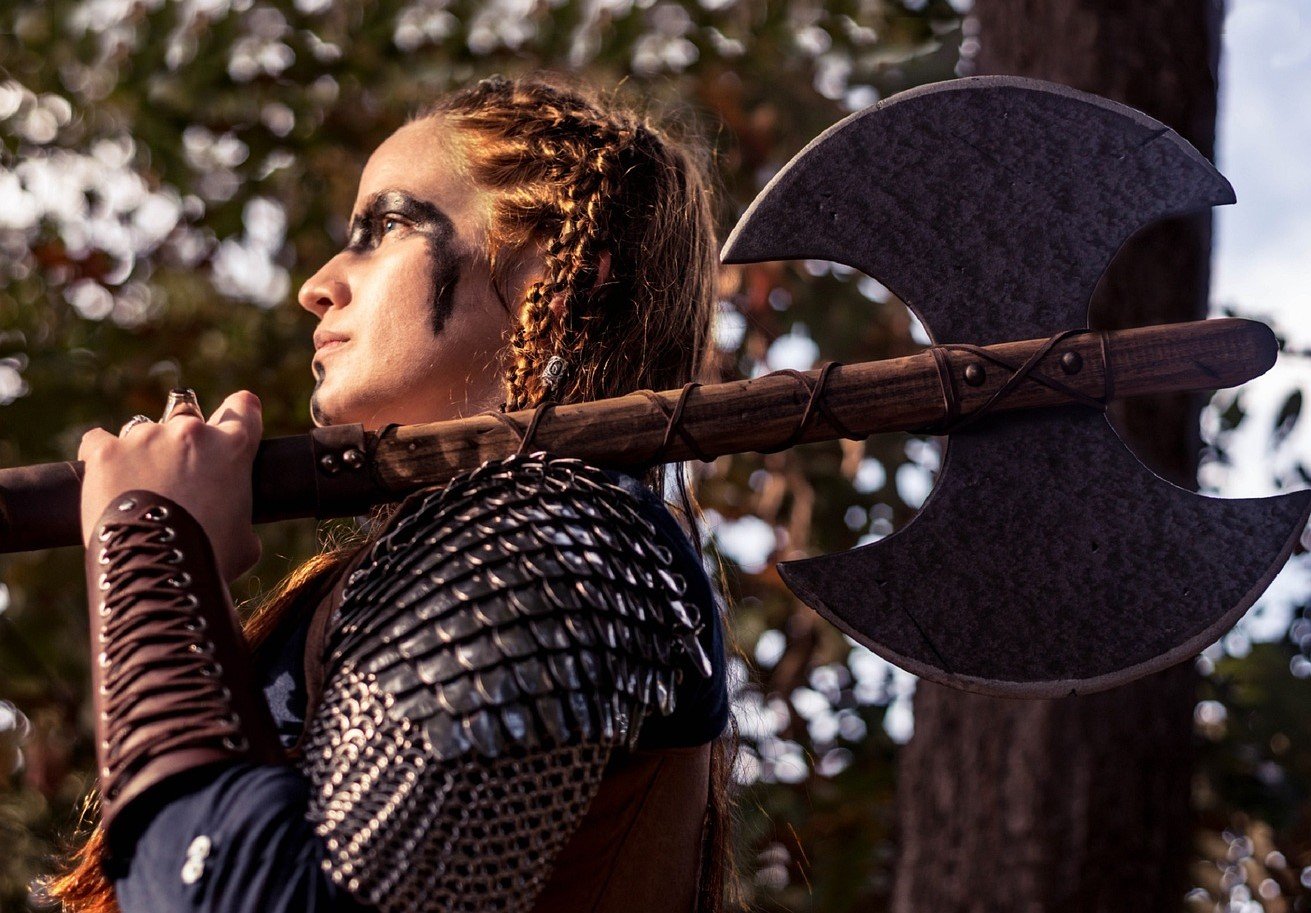Hera in Greek Mythology: An Overview
Hera in Greek Mythology, known as the queen in Greek stories about gods, is a character of great strength. She’s in charge of marriages, women, and when babies are born. This makes her a very important goddess in Greek traditions. But besides being a queen, Hera shows many sides in tales, including kindness and severity.
Hera’s influence was felt by both humans and gods. She guarded women during childbirth, thus gaining the title “Eileithyia.” Her union with Zeus, the prime god, crowned her as the queen of Olympus. But, it wasn’t all roses. Zeus’s many outside affairs and Hera’s reactions of revenge made regular appearances in Greek myths.
Despite her vengeful tendencies, Hera in Greek Mythology also displayed compassion and generosity. She aided heroes in their quests, granting them divine favor and protection. Her influence on the heroic narratives of Greek mythology is undeniable.
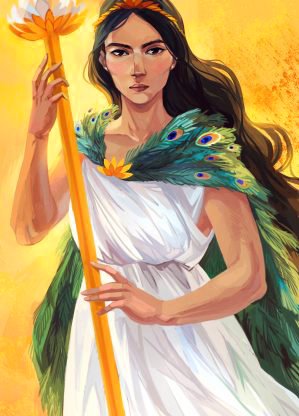
Significance of Hera in Greek Mythology in Ancient Greece
Hera’s significance in ancient Greece extended far beyond the realm of mythology. She was revered as a protector of women, ensuring their safety during childbirth and safeguarding their marriages. Her representation in art and literature reflected her power and influence, often depicted as a regal figure adorned with a crown and scepter.
The role of Hera in Greek Mythology as the queen of the gods extended into the realm of politics. She was associated with civic order and stability, and her temples often served as meeting places for councils and assemblies. Her presence was invoked in oaths and treaties, symbolizing the binding nature of these agreements.
The impact of Hera in Greek Mythologyon the Greeks was deep. She was more than a respected goddess. She was an icon of women’s strength and command. Her intricate appearances in myths echoed with Greek women’s realities of the time. She gave them hope and taught them through warnings.
Hera in Greek Mythology
The Origins of Hera in Greek Mythology
Origins of Hera in Greek Mythology are shrouded in myth and legend. She was the youngest child of the Titan gods Cronus and Rhea. Cronus, fearing that his children would overthrow him, swallowed them one by one. Rhea, however, managed to save Hera by hiding her from Zeus, who eventually forced Cronus to regurgitate his siblings.
Hera in Greek Mythology grew into a beautiful and cunning goddess, attracting the attention of Zeus. Zeus, determined to marry her, transformed himself into a cuckoo and wooed Hera. She eventually agreed to marry him, becoming the queen of the gods and the goddess of marriage.
Hera’s Role among Greek Deities
Hera in Greek Mythology held top-tier authority among Greek mythology’s twelve Olympians. She was not only Zeus’s sister but also his wife. Being king of these gods, Zeus’s union with Hera laid the foundation of the Olympian pantheon. Hera’s queenship didn’t stop at her divine abilities.
Hera in Greek Mythology was responsible for upholding the sanctity of marriage and protecting women during childbirth. She was also associated with fertility, abundance, and the natural world. Her authority was respected by all the Olympians, and she was often consulted on matters of great importance.
Hera’s Family Tree and Relations in Mythology
Relatives of Hera in Greek Mythology make up a broad tree containing other Greek gods. She was born to Cronus and Rhea, sharing siblings with Zeus, Poseidon, Hades, Demeter, and Hestia. Hera and Zeus’ union resulted in three kids: Ares, Hebe, and Hephaestus.
Hera’s relationship with Zeus was tumultuous, marked by Zeus’s numerous affairs and Hera’s relentless pursuit of revenge. She often clashed with other deities, particularly Athena, Aphrodite, and Leto, all of whom were involved with Zeus.
Hera’s Iconic Attributes in Greek Art and Literature
Hera in Greek Mythology, a Greek god, is easy to spot in art and stories. She’s shown like a queen, with a crown and scepter. She has two symbols. One is the peacock, which stands for regality and pride. The other is the pomegranate, which stands for being fruitful and married.
Hera’s presence in Greek mythology is vast. She appears in numerous myths and legends, often playing a central role in the unfolding narratives. Her complex personality and her interactions with other deities provide a rich tapestry of stories that have captivated audiences for centuries.
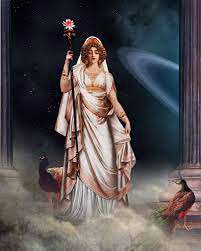
The Heroes of Greek Mythology
Greek mythological heroes were figures of exceptional strength, courage, and cunning. They were often chosen by the gods to undertake perilous quests and overcome formidable challenges.
Notable Greek Heroes and Their Exploits
The Greek world was a realm teeming with legendary heroes, each possessing unique skills and facing extraordinary trials. These figures transcended mere human limitations, embodying the ideals of bravery, loyalty, and resilience.
Among the most renowned heroes stood Heracles, the son of Zeus and Alcmene. His twelve labors, a series of seemingly impossible tasks, cemented his status as the ultimate hero. Heracles’ strength, cunning, and determination made him a symbol of overcoming adversity.
Achilles, a famous individual, is greatly applauded. He’s a key character in Homer’s masterpiece, the Iliad. Because of his impenetrable nature, except for his heel, Achilles was a mighty fighter in war. His disagreements with Agamemnon, Mycenae Kingdom’s head, led him to get angry. This angered state spurs on the Trojan War.
Odysseus, Ithaca’s king, was famous for his smarts and creativity. His trip back home post the Trojan War, told in Homer’s Odyssey, became a strong proof of his endurance and knack to handle tricky circumstances.
Theseus, the legendary king of Athens, was also a celebrated hero. His slaying of the Minotaur, a monstrous creature confined within the Labyrinth, established his reputation as a fearless warrior. Theseus’ unification of Attica and his role in establishing Athenian democracy further solidified his heroic status.
Hero Cults in Ancient Greece
The veneration of heroes was a significant aspect of ancient Greek culture. Hero cults, centered around the worship of specific heroes, emerged throughout Greece, serving as a means of honoring their deeds and seeking their protection.
These cults often involved the establishment of shrines or temples dedicated to the hero, where rituals and offerings were performed. Hero festivals were also held, featuring competitions, sacrifices, and celebrations that commemorated the hero’s life and achievements.
The hero cults played a vital role in shaping Greek identity and values. They provided a sense of connection to past generations and reinforced the ideals of courage, loyalty, and selflessness that were central to Greek society.
Tragic Heroes in Greek Mythology
Greek mythology also encompasses a compelling collection of tragic heroes, figures whose downfall stems from their own flaws or hubris. These tales serve as cautionary reminders of the dangers of excessive pride, unchecked ambition, and the consequences of defying divine will.
Prometheus, the Titan who nabbed fire from divine beings to benefit people, perfectly embodies a sad hero. His bold act, driven by caring for humans, led to his never-ending torment by Zeus.
Oedipus, a The ban king, accidentally ended his father’s life and tied the knot with his mother. His heartbreaking destiny, a mind-bending play of destiny, highlights the paybacks of human arrogance. In addition, it underlines our incapability to change our destiny set in stone.
The sad hero model still strikes a chord in today’s books and art. It’s a strong instrument that examines the intricacies of human behavior and the certain pain we face.
Hera in Greek Mythology and the Heroes
Hera’s Involvement in Heroic Quests
Hera, despite her occasional antagonism towards heroes, played a significant role in their quests and endeavors. Her divine intervention often proved crucial in their successes, providing them with guidance, protection, or essential tools.
In the Trojan War, Hera’s support for the Greeks against the Trojans was unwavering. She aided Achilles in his battles, intervened in critical moments, and ensured the Greek victory. Her involvement in the conflict reflected her personal animosity towards Troy and her desire to uphold justice.
During Jason’s quest for the Golden Fleece, Hera intervened on his behalf, protecting him from the dangers he faced. She also granted him the favor of Hypnos, the god of sleep, ensuring the success of his mission.
Hera’s involvement in heroic quests highlights her multifaceted nature. While she could be vengeful and jealous, she also demonstrated a capacity for compassion and a willingness to aid those who sought her favor.
Heroes in Hera’s Favor
Several Greek heroes received special favor from Hera, benefiting from her divine protection and support. Their connection to Hera often played a pivotal role in their triumphs and achievements.
Perseus, the hero who slew the Medusa, was guided by Hera throughout his perilous quest. She provided him with essential items, such as Athena’s mirror shield and Hermes’ winged sandals, which enabled him to defeat the Gorgon.
Hercules, Hera’s step-son, also received her favor on several occasions. She protected him during his infancy and assisted him in his labors, particularly in his slaying of the Lernaean Hydra.
These examples illustrate Hera’s willingness to aid heroes who aligned with her interests or possessed qualities she admired. Her support often proved decisive in their quests, demonstrating the power of divine intervention in shaping the heroic narrative.
Conclusion
Hera in Greek Mythology, the respected queen of the gods in tales from ancient Greece, is an intriguing character. She holds both kind and harsh strengths. Everyone, from regular people to gods, can feel her impact. She molds the fate of great heroes and uses her authority over marriage, females, and birth.
Hera’s complex character in Greek tales spins a vibrant web of stories that have kept people interested for hundreds of years. Her multi-layered personality, her interactions with other gods, and her part in heroic journeys continue to fascinate and puzzle us. These stories help us explore the deepest parts of human nature – ongoing battles between love and hate, might and weakness, and order and disorder.
Frequently Asked Questions (FAQs)
Who was Hera in Greek mythology?
Hera in Greek Mythology, served as the king of gods’ wife, Zeus. Her role? The deity of matrimony, females, and birthing. She was celebrated for her attractive look, strong influence and layered character.
What Greek mythological hero killed the Minotaur?
Theseus, the legendary king of Athens, was the hero who killed the Minotaur, a monstrous creature confined within the Labyrinth.
What are some symbols associated with Hera in Greek mythology?
The peacock, the pomegranate, and the diadem were among the symbols closely associated with Hera in Greek mythology.
How did Hera influence the heroes of Greek mythology?
Hera’s influence on the heroes of Greek mythology was both positive and negative. She could be a powerful ally, providing guidance, protection, and essential tools, but she could also be a vengeful enemy, hindering their quests and causing them misfortune.
What were the hero cults in ancient Greece?
Hero cults were a significant aspect of ancient Greek culture. They involved the worship of specific heroes, seeking their protection and commemorating their deeds. These cults played a role in shaping Greek identity and reinforcing the ideals of courage, loyalty, and selflessness.


